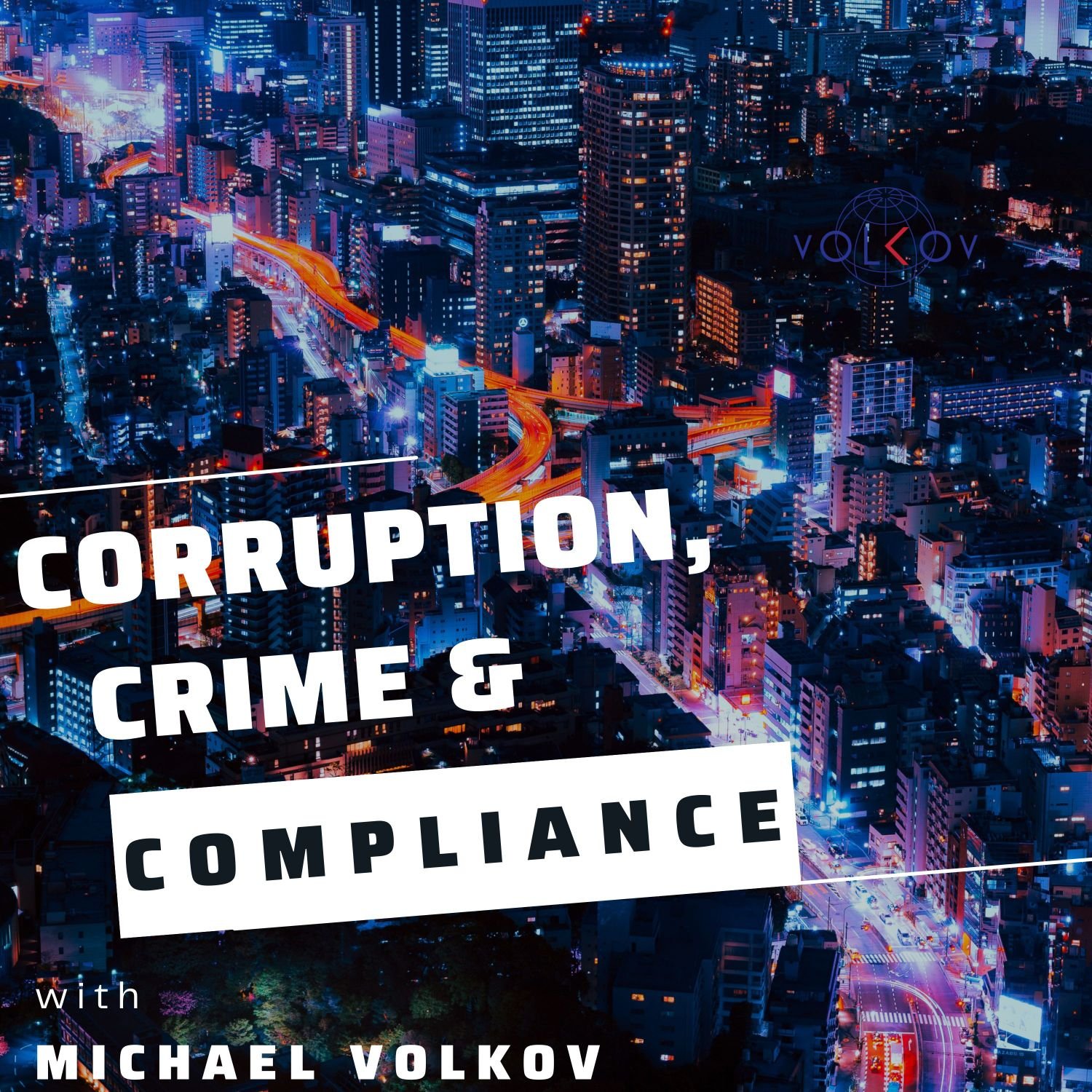The Coming Sanctions Enforcement Storm
Description
Whatever the cause, criminal sanctions enforcement will be an interesting area in 2024. The DOJ's planned aggressive push against companies and individuals for sanctions violations is about to be unleashed. There is no question that DOJ's enforcement initiative is coming—it is just a question of when.
We have already seen several examples of what aggressive sanctions enforcement will look like -- as the new "FCPA," we can expect several standard elements:
Large Penalties -- multi hundreds of millions, even reaching billions in more egregious cases.Reward for Voluntary DisclosuresCriminal Indictments, Deferred or Non-Prosecution AgreementsIndependent Compliance MonitorsParallel Regulatory Resolutions with OFAC, BIS, and or DDTCEnhanced Compliance Remediation RequirementsIndividual Criminal Enforcement
In this episode, Michael Volkov reviews the soon-to-arrive sanctions enforcement regime, and steps companies should take to protect against enforcement actions. Hear him discuss:
The Department of Justice (DOJ) is signaling a shift towards aggressive corporate sanctions and export control enforcement, particularly focusing on national security issues like sanctions and export controls. Recent cases, such as the British-American Tobacco and SAP cases, serve as examples of how the DOJ's sanctions-focused enforcement strategy is likely to unfold, including potential penalties and consequences that companies may face.Companies are facing risks from various sources in the realm of sanctions and export control enforcement, including regulatory referrals from agencies like OFAC, BIS, and DDTC, as well as international intelligence relationships and whistleblowers.Seagate's blatant violation of Huawei export controls could be a significant indicator of the DOJ's enforcement initiative in the sanctions arena. This case demonstrates the potential consequences of willful violations and the importance of compliance with export control regulations.Common deficiencies in sanctions compliance programs, including corporate boards' lack of understanding, failure to address third-party risks, inadequate supply chain audits, weak internal controls, and insufficient training, highlight areas where companies need to improve to ensure compliance with sanctions regulations.
Resources
Michael Volkov on LinkedIn | Twitter
The Volkov Law Group
More Episodes
What happens when a major defense contractor faces scrutiny for ethics and compliance violations? In this episode of Corruption, Crime, and Compliance, Michael Volkov dives into the high-stakes world of corporate accountability, exploring Raytheon's recent $428 million settlement with the U.S....
Published 11/18/24
Published 11/18/24
The SEC notched another FCPA settlement, continuing its steady pursuit and resolution of FCPA cases. In the meantime, the Justice Department has been silent in the FCPA enforcement arena. In this episode of Corruption, Crime, and Compliance, Michael Volkov dives into the SEC’s recent FCPA...
Published 11/11/24


